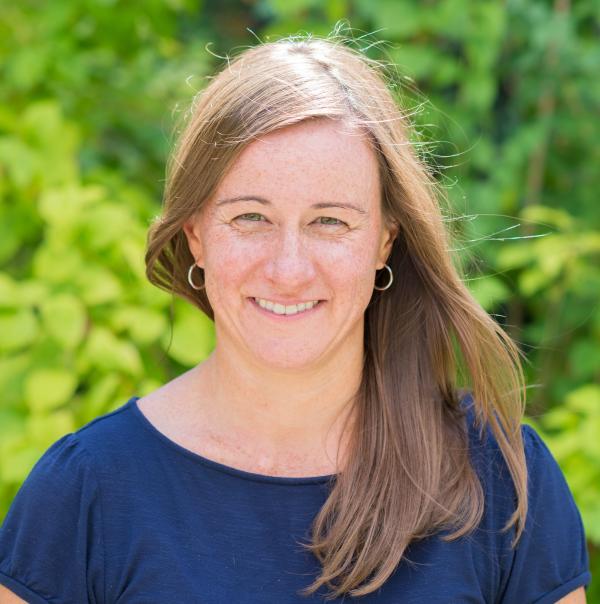The project represents one of the first of its kind to document the experiences of developmentally disabled employees, interns and volunteers working at zoos and aquariums and has the potential to advance our understanding of implementing inclusive workplace practices in Informal STEM Education (ISE) settings. Study findings would deepen the ISE field’s understanding of organizational characteristics, areas of opportunities and barriers that support or limit the implementation of inclusive practices for developmentally disabled ISE professionals. The implementation of a community-based participatory research approach can also serve as a model for engaging developmentally disabled ISE professionals in generating and sharing knowledge to advance the field’s equity and inclusion work.
A more diverse STEM workforce, including diversity in ISE professionals, is critical to addressing complex societal problems as culturally and demographically diverse teams can ensure that different backgrounds, mindsets, opinions and perspectives are represented to identify innovative solutions to complex problems. Yet despite these known benefits of a diverse workforce, groups such as disabled individuals remain significantly underrepresented in STEM and STEM education workplaces.
Prior research in the ISE field has explored effective strategies for engaging neurodiverse visitors, but there is limited research on employment or inclusive workplaces for developmentally disabled individuals. Moreover, simply increasing the number of disabled employees in ISE organizations such as zoos and aquariums is not, by itself, an appropriate or effective approach for creating a diverse and effective workforce. The IWISE project’s research aims to address these gaps by understanding organizational factors that contribute to or limit the implementation of inclusive practices, and to understand how developmentally disabled staff described their experience at organizations as they change to implement more inclusive practices.
The study will be conducted in partnership with developmentally disabled researchers and advisors using community-based participatory methods to explore the research questions. The study will apply qualitative case study methods, specifically using a sociological descriptive and multiple case study approach, with developmentally disabled zoo and aquarium employees, interns, and volunteers as case study participants. Data collection activities will include listening sessions, interviews, observations, and photo journaling with developmentally disabled employees, interns, and volunteers at participating zoo/aquarium sites and interviews with decision-makers at these sites. The data will be coded and analyzed using qualitative methods, including thematic and cross-case analysis, to describe the experience of developmentally disabled individuals at case study sites and how case study sites implement inclusive workplace practices.
We hope that the study will help us understand how zoos/aquariums grapple with organizational change toward implementing inclusive practices, and to better understand the perspectives of developmentally disabled staff at these organizations.
